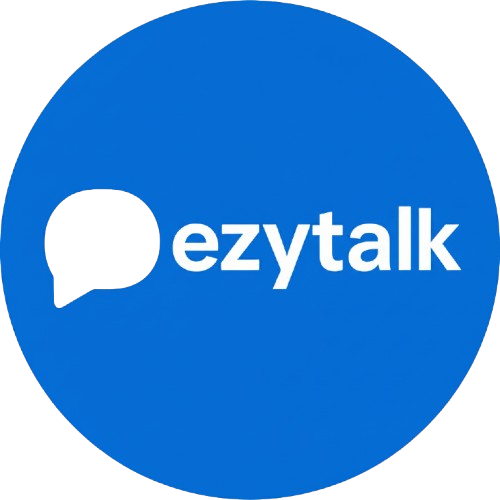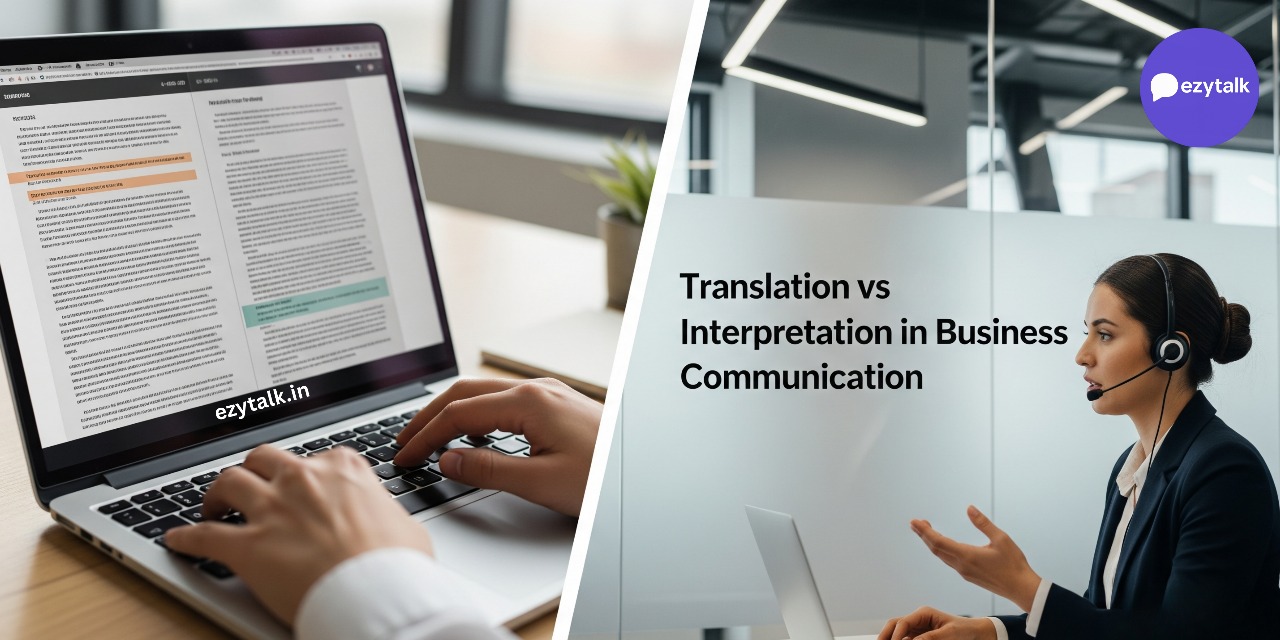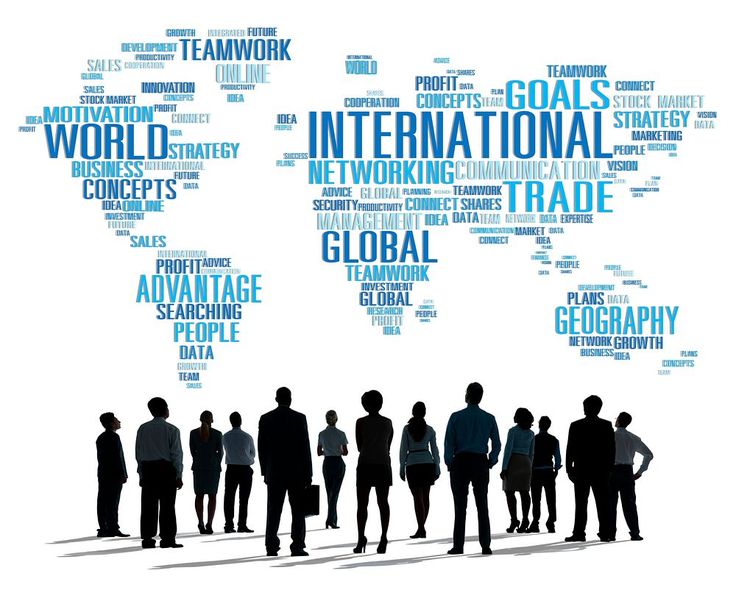In today’s fast-moving global market, clear communication is the foundation of trust and growth. Companies often work with clients, suppliers, and partners across different countries and cultures. Language then presents both a problem and an opportunity. Many professionals confuse translators with interpreters, yet both play unique roles in breaking language barriers. This is why understanding Translation vs Interpretation in Business Communication is so important. Why Businesses Need Language Support ? When companies expand globally, they face one common roadblock: language differences. A sales pitch that works in English may lose its impact in Japanese or French. Similarly, a legal document in Hindi may require precision in English for international partners. Without the right support, deals can collapse, misunderstandings can arise, and relationships can weaken. This is where translation and interpretation step in. Both services are essential, but they are not the same. Knowing when to use each makes all the difference for smooth operations. Translation vs Interpretation: The Key Difference Interpretation primarily deals with oral communication, whereas translation primarily deals with written words.Both require deep cultural understanding and accuracy, but their methods differ. Translation –Translates text between languages.Examples include websites, contracts, manuals, and marketing brochures. Translators usually have more time to refine words and ensure accuracy. Interpretation – Converts speech in real time. Examples include business meetings, conferences, interviews, or client calls. Interpreters work instantly, without the luxury of editing. By separating the two, businesses can choose the right solution for their exact needs. This clears confusion and ensures the right message reaches the right audience. Translation vs Interpretation in Business Communication: A Practical Guide For businesses, this distinction isn’t just theory it impacts daily operations. Let’s look at practical scenarios: Contract Signing – Companies require written agreements to be legally valid. Here, translation is vital to ensure every detail is crystal clear. Boardroom Meetings – When executives from multiple countries meet, interpreters make sure the conversation flows without pauses or confusion. Marketing Campaigns – A slogan in English may not resonate in Tamil or Bengali. Translators ensure the brand message is culturally adapted, not just word-for-word. Customer Support – Live calls with international customers often need interpretation, while FAQ documents or chat scripts depend on translation. Understanding when to use each helps businesses avoid costly errors and build trust. Challenges Without the Right Language Support Imagine closing a big international deal where your partner misunderstands a contract clause due to poor translation. Or picture a medical equipment exporter explaining product use to a hospital abroad, but the interpreter fails to convey technical terms. Both situations may result in monetary loss as well as harm to one’s reputation. Miscommunication also creates frustration. Clients may feel undervalued if they cannot speak in their native language. In the digital age, where competition is fierce, even one negative experience can push customers away. How Ezytalk Makes the Difference? Ezytalk bridges the gap between translation and interpretation with a modern, AI-powered approach. Unlike traditional services that rely only on human effort, Ezytalk combines technology with accuracy to make communication easier and faster. For Translation – Ezytalk supports written content, from contracts and reports to websites and study materials. It ensures precision while keeping cultural relevance intact. For Interpretation – Ezytalk enables real-time voice and video support, allowing businesses to communicate instantly with partners worldwide. Whether it’s a Zoom call or an in-person meeting, language no longer stands as a barrier. For Businesses – Ezytalk integrates into daily operations. Exporters, startups, educators, and multinational firms can all benefit from seamless multilingual support. By simplifying both services, Ezytalk helps organizations save time, reduce errors, and build stronger relationships with global stakeholders. Why This Matters for the Future ? The world is becoming more interconnected every day. Students study abroad, professionals attend international conferences, and companies sell across borders. In this environment, Translation vs Interpretation in Business Communication will remain a critical factor in success. Ezytalk provides a one-stop solution that not only supports different industries but also empowers individuals. Whether it’s a startup in Chennai pitching to investors in Germany or an exporter in Surat talking to a buyer in Dubai, Ezytalk ensures the message is delivered clearly and confidently. Key Takeaway Translation and interpretation may look similar at first glance, yet they serve unique objectives. Businesses need both to thrive in today’s global economy. Using them wisely avoids costly mistakes and creates stronger, lasting connections. Ezytalk stands out by offering smart solutions that combine written translation and real-time interpretation. By removing language barriers, it gives companies the power to grow without limits. If your business wants to communicate better, reach wider audiences, and build trust globally, EzyTalk is the partner you need.


